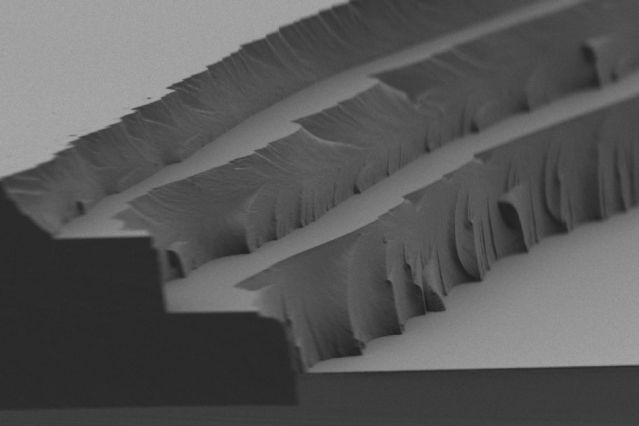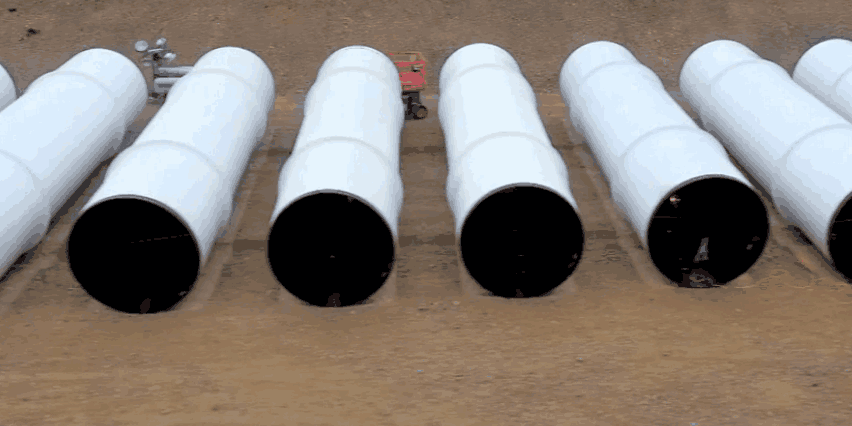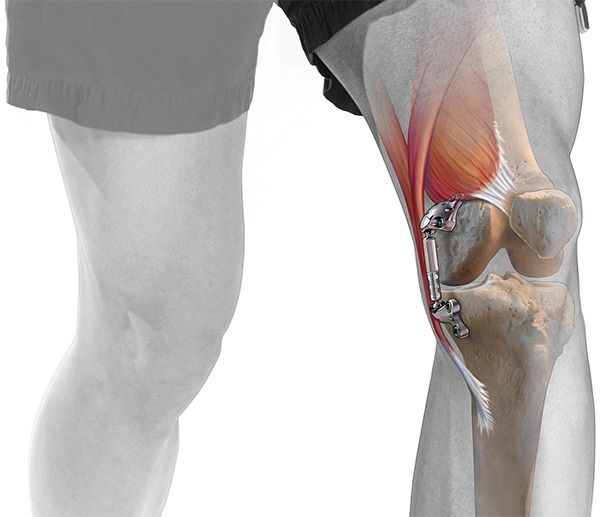NASA recently announced that they test fired a research rocket engine. Nothing special about that—other than the fact said engine was 75 percent 3D printed parts.
As industrial 3D printing has moved from prototyping to actually manufacturing finished products, the aerospace industry has become an avid early adopter. Although in many industries mass production techniques still make economic sense—for the ultra-precise, almost bespoke parts in rockets? 3D printing is a great fit.
Last year, GE showed off a scaled down 3D printed jet engine firing at 33,000 RPM. SpaceX’s recent recovery of a Falcon 9 rocket was not only spectacular, but the rocket has long used 3D printed parts too. And NASA’s latest trial shows 3D printing is set to become an even bigger part of rocket engine manufacturing.





